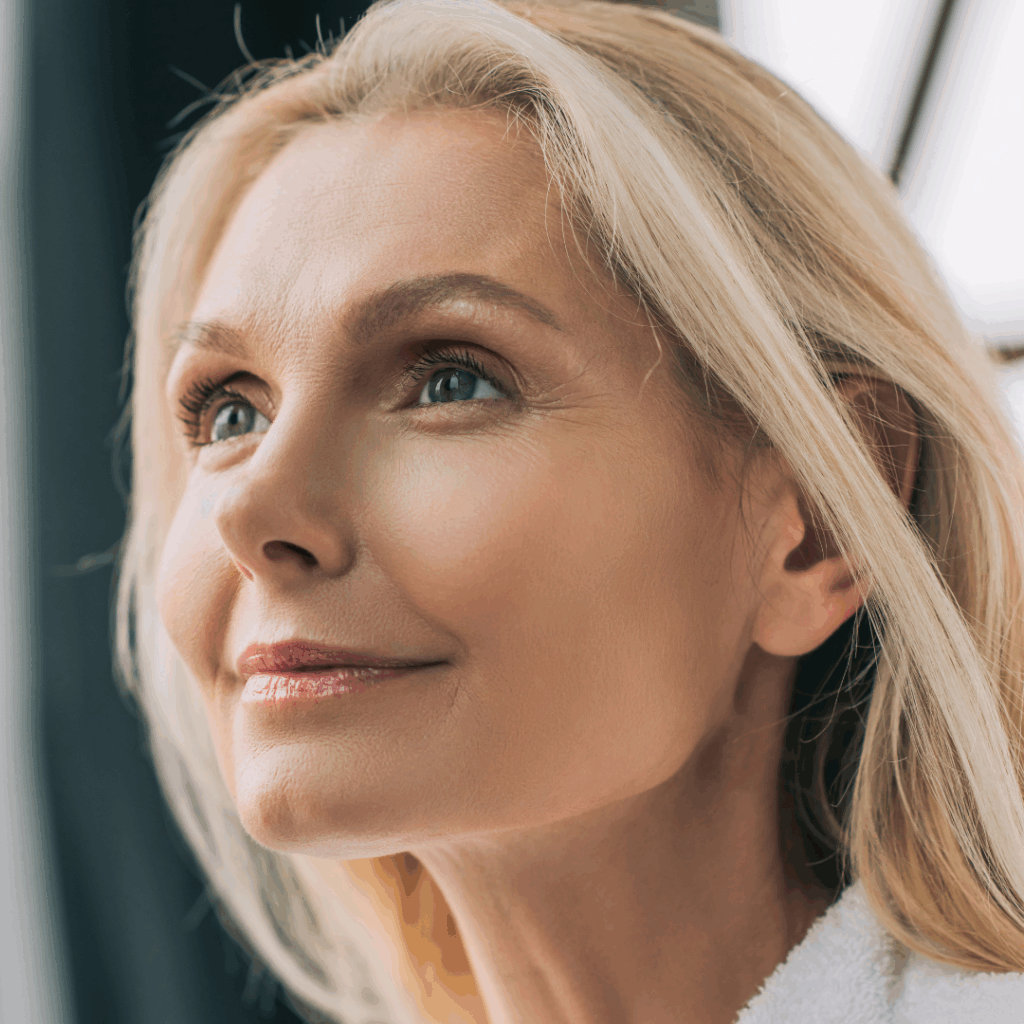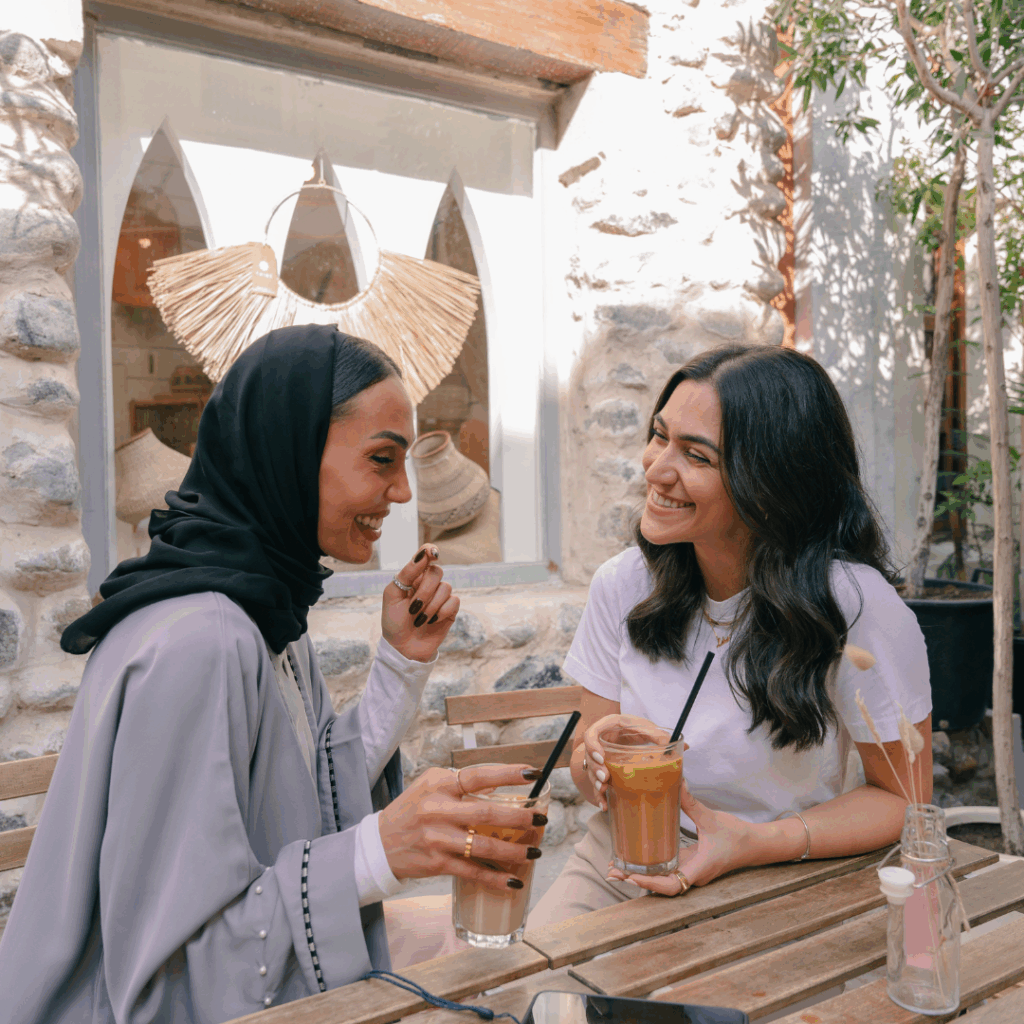
The Independent Woman.
We praise her. Admire her. Build entire cultural narratives around her.
She doesn’t ask for help. She handles her schedule, her family, her career—without complaint. You know she will move through crisis and burnout without missing a deadline. She makes it look easy.
But it’s not.
The image of the self-reliant, do-it-all woman may be aspirational, but it’s also a trap. Beneath the polish is a different truth: human beings are not wired to go it alone. Especially not in the second half of life, when connection becomes more than emotional support—it becomes a critical part of health, resilience, and identity.
So why are so many women still trying to carry it all?
Where the Myth Comes From
Being independent has long been marketed as the ultimate goal. Be your own boss. Own your choices. Don’t depend on anyone.
But somewhere along the way, independence turned into isolation. The same traits that help women succeed—efficiency, self-control, adaptability—can also make it harder to reach out, to ask for support, to admit that we’re craving something more.
Many professional women carry the belief that needing others equals weakness. That asking for help means you’re falling short. This belief is reinforced not only by the media, but also by decades of internalized messaging around self-sufficiency, performance, and perfection.
Being overly independent is costing us more than we realize.
The Hidden Roots of Hyper-Independence
For many women, the drive to handle everything alone isn’t just a personality trait—it’s a survival strategy rooted in early life experiences. Childhood emotional neglect, where caregivers consistently fail to meet a child’s emotional needs, can lead to profound effects on adult behavior.
When a child learns that expressing emotions or seeking support results in dismissal or indifference, they often adapt by becoming self-reliant. This adaptation, while protective in childhood, can manifest as hyper-independence in adulthood.
This form of hyper-independence is characterized by an ingrained emotional response to traumatic events, serving as a protective armor to guard against further harm and disappointment.
The High Cost of Disconnection
According to the U.S. Surgeon General’s 2023 advisory, lacking strong social connection increases the risk of premature death by over 60%. For women in midlife and beyond, the risks compound. During this life stage, physical health shifts, caregiving intensifies, and career demands peak—often all at once.
Without a strong support system, many women experience higher levels of anxiety, cardiovascular strain, and cognitive decline. A study published in PLOS Medicine found that individuals with low-quality social relationships were 1.5 times more likely to suffer from depression.
Even more compelling: emotional connection serves as a buffer against stress. Women with close, emotionally safe friendships show lower cortisol levels and improved immune function. These aren’t feel-good extras—they’re life-protecting variables.
We Still Need Each Other
The idea that you can (or should) do it all alone is outdated. The truth is, we need each other—more than ever. Connection isn’t just about conversation or social plans. It’s about being seen, understood, and supported in ways that feel real.
For women navigating career pressure, caregiving for aging parents, parenting adult children, and managing health transitions, support networks offer critical relief. But not just any kind of support—intentional, values-aligned, emotionally present relationships.
A 2022 study from the University of Michigan showed that women who maintained meaningful social ties had better memory retention and were more likely to engage in proactive healthcare practices. Emotional connection doesn’t just feel better—it leads to smarter decisions and more sustainable energy.
Why High-Achieving Women Resist Asking for Support
There’s often a gap between what independent women know they need and what they allow themselves to receive.
The resistance often sounds like:
- “Everyone else is just as busy.”
- “I should be able to handle this.”
- “I don’t want to be a burden.”
- “No one would really understand.”
These thoughts keep many women in cycles of overfunctioning and emotional suppression. It’s not that they don’t want connection—it’s that they’ve never been shown how to build it in a way that feels safe and sustainable.
The Shift Toward Interdependence
Interdependence is not dependence.
It’s not about losing autonomy. It’s about choosing mutual support—intentionally. The ability to show up as both strong and open. Capable and connected.
This shift often begins with a small question: Who really knows me right now?

If that list feels short, you’re not failing. You’re just waking up to a deeper need that’s long been unmet.
Building emotional connection later in life requires different tools than it did in your twenties. Proximity no longer creates closeness. Depth does. Shared values do. Curated spaces do.
Whether that’s through a facilitated group, an intentional course, or a peer-driven circle, finding the right people to walk beside you matters.
How to Begin (Without Overhauling Your Life)
You don’t need a dozen new friends. You need a few aligned people who see the world—and you—with clarity.
Here’s what that might look like:
- Evaluate who you spend time with and how you feel afterward
- Initiate conversations that go beyond logistics or small talk
- Join spaces built around shared values, personal growth, or purpose-driven work
- Let go of the pressure to “have it all together” in order to connect
- Start where you are, with one relationship that feels worth investing in
These steps aren’t always comfortable. But they are essential.
Connection Is a Health Strategy
As we age, the stakes are different. Time becomes more valuable. Health becomes more fragile. Meaning becomes non-negotiable.
Building real connection is no longer a personal preference. It’s a health strategy. A leadership strategy. A path toward deeper fulfillment, not just more achievement.
The myth of the independent woman has served its purpose. It showed us what we’re capable of. But now, we need something more honest. More human.
You don’t need to be everything to everyone. You need to be fully yourself—with people who get it.
That’s where your energy returns. Where your clarity sharpens. Where your next chapter begins.

You don’t have to choose between success and well-being. Step away from the chaos, reset your mind and body, and realign with what truly matters. Our wellness retreats, online courses, and free resources give you the space to breathe, reflect, and design a life that feels fulfilling—without guilt, without compromise.
Be the first to know about upcoming retreats—join the info list for dates and details.
Let’s stay connected! Follow us on Instagram, Facebook, YouTube, LinkedIn, and Pinterest, and join the LAYLO Shala for exclusive updates and insights.